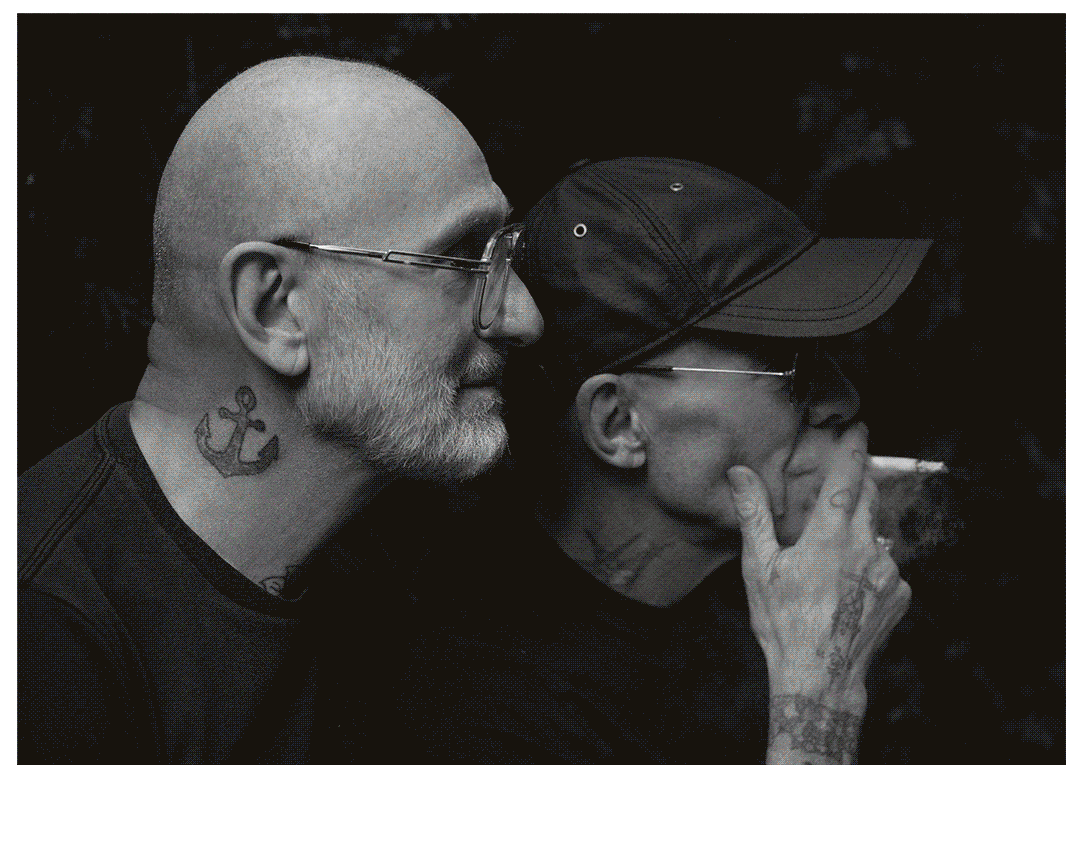
A preview of GAYLETTER Magazine Issue 22
ABOUT: GAYLETTER began in 2008 as a weekly email newsletter to help people figure out what to do with their free time.
In 2014 we launched a printed magazine available for purchase online and at bookstores worldwide.